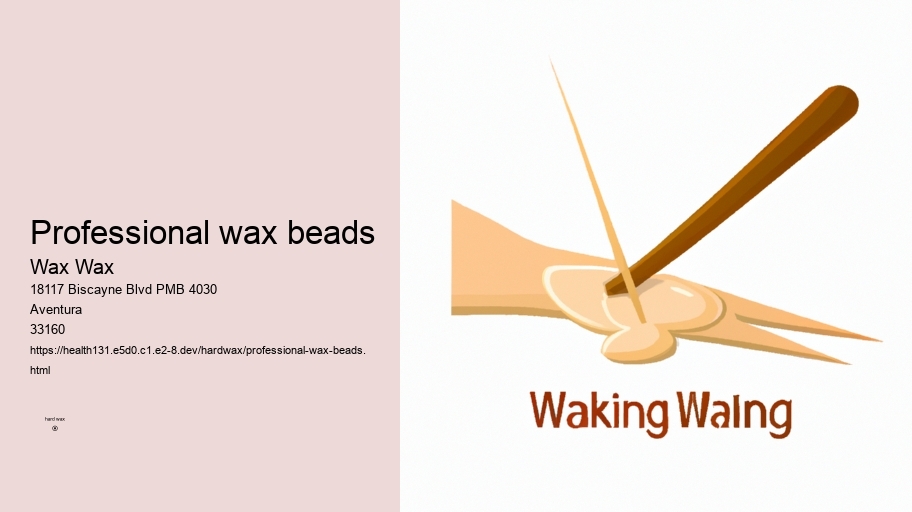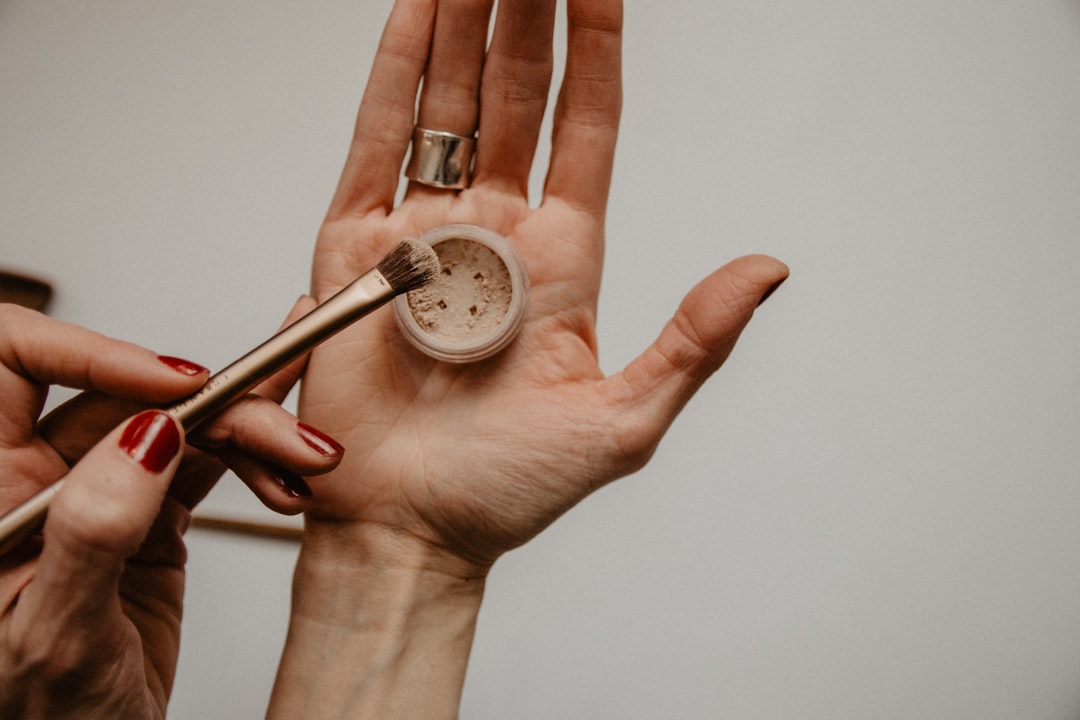

Waxing can be done on various parts of the body, including eyebrows, face, legs, arms, and intimate areas. It offers long-lasting results compared to shaving or depilatory creams because it removes hair from the root. no tweeze hard wax hair remover However, some people may experience pain during waxing, especially in sensitive areas.
Do exfoliate before waxing to remove dead skin cells
Check your skin for any cuts, scratches, or irritations before applying the wax.
Get the best hard wax products from Wax Wax.UV rays can cause damage to freshly waxed skin in several ways. First, exposure to UV rays can lead to skin irritation and inflammation, making the skin more sensitive after waxing (not only). This can result in redness, itching, and even blisters on the waxed area. Additionally, UV rays can increase the risk of hyperpigmentation or dark spots forming on the skin post-waxing (additionally). Sun exposure can also make the skin more prone to sunburns, which can be extremely painful on freshly waxed skin (!). Lastly, prolonged exposure to UV rays can slow down the healing process of the skin after waxing (lastly), leading to potential scarring or infection. It is crucial to protect your freshly waxed skin from sun exposure to avoid these potential issues.
Decreased risk of ingrown hairs
This article needs additional citations for verification . Please help improve this article by adding citations to reliable sources . Unsourced material may be challenged and removed.
While everyone's pain tolerance varies, some discomfort is normal during a bikini wax. However, many find that the more they wax, the less painful it becomes over time.
This article is about the process of hair removal. For the increase in the Moon's apparent shape, see Waxing and waning . For the covering of fruits in wax, see Fruit waxing .
Waxing is the process of hair removal from the root by using a covering of a sticky substance, such as wax, to adhere to body hair, and then removing this covering and pulling out the hair from the follicle. New hair will not grow back in the previously waxed area for four to six weeks, although some people will start to see regrowth in only a week due to some of their hair being on a different human hair growth cycle. Almost any area of the body can be waxed, including eyebrows , face, pubic hair (called bikini waxing or intimate waxing), legs, arms, back, abdomen, chest, knuckles, and feet. There are many types of waxing suitable for removing unwanted hair.
Over time, consistent waxing can lead to finer and sparser hair growth in the treated areas. hard wax for brazilian wax This means that as you continue with your waxing routine, you may notice that your hair grows back softer and thinner than before - making it easier to manage!
Types
Professional waxing services typically offer a higher level of expertise, use better quality products, and can provide a more thorough and precise result compared to at-home treatments.
Tips for Maintaining Smooth Skin Between Waxing Sessions
3. How does the pain level compare between DIY and professional waxing?
Overall, waxing remains a popular choice for hair removal due to its effectiveness and longer-lasting results. The practice continues to be refined with new techniques and products being developed to improve the experience for those seeking smooth and hair-free skin.

6. How do I care for my skin after at-home waxing?
Understanding the Different Types of Wax for Hair Removal
Both aloe vera gel and tea tree oil can be used together for maximum benefit post-wax. Simply alternate between applying the two products throughout the day to keep your skin smooth, hydrated, and free from irritation.
Male chest before and after waxing.
In effect this means, taking a pain reliever beforehand can be a helpful strategy for minimizing discomfort during your waxing session. Remember to always follow the instructions provided by your healthcare provider and communicate any concerns you may have with your aesthetician for the best possible experience!
Avoid hot showers: After waxing, (it is important) to avoid taking hot showers as the heat can irritate your newly waxed skin and cause redness or inflammation. Instead, opt for lukewarm water when showering to keep your skin calm and comfortable.